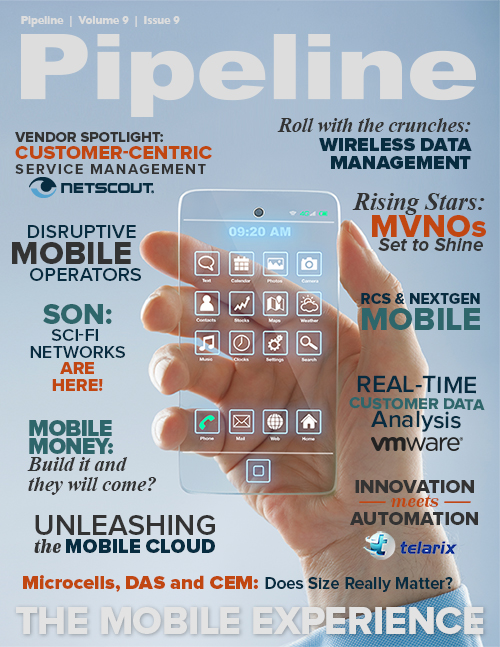Mobile Money: Build it and they will come?
In order for operators to be a viable part of the “real deal,” meaning their brands are somehow associated with the end-user experience, they must drive collaboration in mobile payment ecosystems so they have a role in creating the benefits that consumers and stakeholders ultimately realize.
To that end, many alliances are starting to gain momentum — some with mobile carriers at the helm, others driven by merchants, card associations, banks and financial institutions, or OTT players like Apple and Google. Some revolve around NFC, and some include Quick Response bar codes or cloud transactions in instances where companies don’t want to wait for mobile handset manufacturers to implement hardware-based NFC capabilities in their phones.
A closer look at mobile money’s momentum
Regardless of who’s driving the initiative or the particulars of the transaction technologies and chips, there has definitely been a surge in partnerships to build mobile money ecosystems over the past couple years. Some of the notable ones, each in various stages of development and approval, include Isis, EnStream, Project Oscar, KT’s MoCa service, Google Wallet, Visa Mobile, and the Starbucks Card Mobile App.
• Isis, a collaboration between Verizon Wireless, AT&T and T-Mobile — the three companies have invested upwards of $100 million in the project — has momentum with MasterCard, Discover, Visa, and American Express. Worth noting is the fact that those last two credit card companies, along with PayPal, are pursuing their own versions of NFC payment.
To use Isis, consumers must download the Isis Mobile Wallet from the Google Play Store and load eligible American Express, Barclaycard, Capital One, Discover, and JPMorgan Chase credit card numbers onto the app with a SIM card. Pilots are currently running in Salt Lake City and Austin, Texas, where users can download Isis on Motorola’s Droid Razr HD and Razr Maxx HD phones.
• EnStream, a venture that brings together Canadian wireless juggernauts Bell, Rogers and TELUS, is attempting “standardization” by creating a one-stop solution for credential issuers and service providers across all mobile devices. This standardization takes place at the interconnection point, where safe information exchange between mobile operators and third parties, be they banks, libraries, merchants, transit commissions, loyalty companies, or others, is facilitated by a security management system. An offshoot is Research in Motion’s (RIM) Secure Element Manager, approved just last month by Visa; BlackBerrys and devices that run both Google Android and Windows will now be capable of secure payments at retailers.
• Project Oscar involves Telefónica UK (O2), Vodafone and Everything Everywhere, the parent company of T-Mobile and Orange in the UK. Its goal is to promote competition by generating the necessary scale to offer a credible alternative to established online-payment and advertising platforms provided by large US-based internet players. But it’s had many delays, including failure to launch during last summer’s Olympics as it awaited approval from antitrust regulators and the European Commission. In the meantime, some of the companies working on Project Oscar have introduced new services, such as Orange’s Quick Tap and Telefónica’s O2 Wallet.
Project Oscar will target 37 million mobile subscribers in the UK. It also plans to create a data-based mobile ad network for which the main services will use SMS Push, display advertising (including third-party display advertising) and coupons and vouchers.
• Korean mobile operator KT has been very open in talking about its desire to win big with its MoCa mobile wallet (developed with IT provider Harex Infotech). It’s applied for international patents in the US, China, Japan, and the UK, and its MoCa Alliance is working to get major banks and retailers on the same page. So far KT has secured eBay Korea and UNICEF for point-of-sale payments via NFC, bar code scanning and QR codes as well as online payments. The company is offering store coupons, loyalty cards and other offers in its MoCa wallets; both iOS and Android versions of the app are now available.
• Google Wallet’s mobile payment application can currently be used on Nexus S 4G smartphones powered by Sprint, though it will work on other Android-based devices powered by other wireless networks in the near future. Launched in September 2011, Google Wallet has quickly gained momentum thanks to Google’s control over the Android operating system, on which it can embed the application.



















